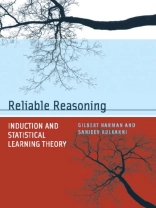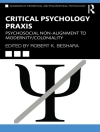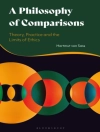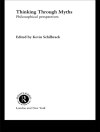The implications for philosophy and cognitive science of developments in statistical learning theory.In Reliable Reasoning, Gilbert Harman and Sanjeev Kulkarni-a philosopher and an engineer-argue that philosophy and cognitive science can benefit from statistical learning theory (SLT), the theory that lies behind recent advances in machine learning. The philosophical problem of induction, for example, is in part about the reliability of inductive reasoning, where the reliability of a method is measured by its statistically expected percentage of errors-a central topic in SLT.After discussing philosophical attempts to evade the problem of induction, Harman and Kulkarni provide an admirably clear account of the basic framework of SLT and its implications for inductive reasoning. They explain the Vapnik-Chervonenkis (VC) dimension of a set of hypotheses and distinguish two kinds of inductive reasoning. The authors discuss various topics in machine learning, including nearest-neighbor methods, neural networks, and support vector machines. Finally, they describe transductive reasoning and suggest possible new models of human reasoning suggested by developments in SLT.
Gilbert Harman & Sanjeev Kulkarni
Reliable Reasoning [PDF ebook]
Induction and Statistical Learning Theory
Reliable Reasoning [PDF ebook]
Induction and Statistical Learning Theory
Cumpărați această carte electronică și primiți încă 1 GRATUIT!
Limba Engleză ● Format PDF ● Pagini 120 ● ISBN 9780262274975 ● Editura The Mit Press ● Publicat 2012 ● Descărcabil 3 ori ● Valută EUR ● ID 8104854 ● Protecție împotriva copiilor Adobe DRM
Necesită un cititor de ebook capabil de DRM












